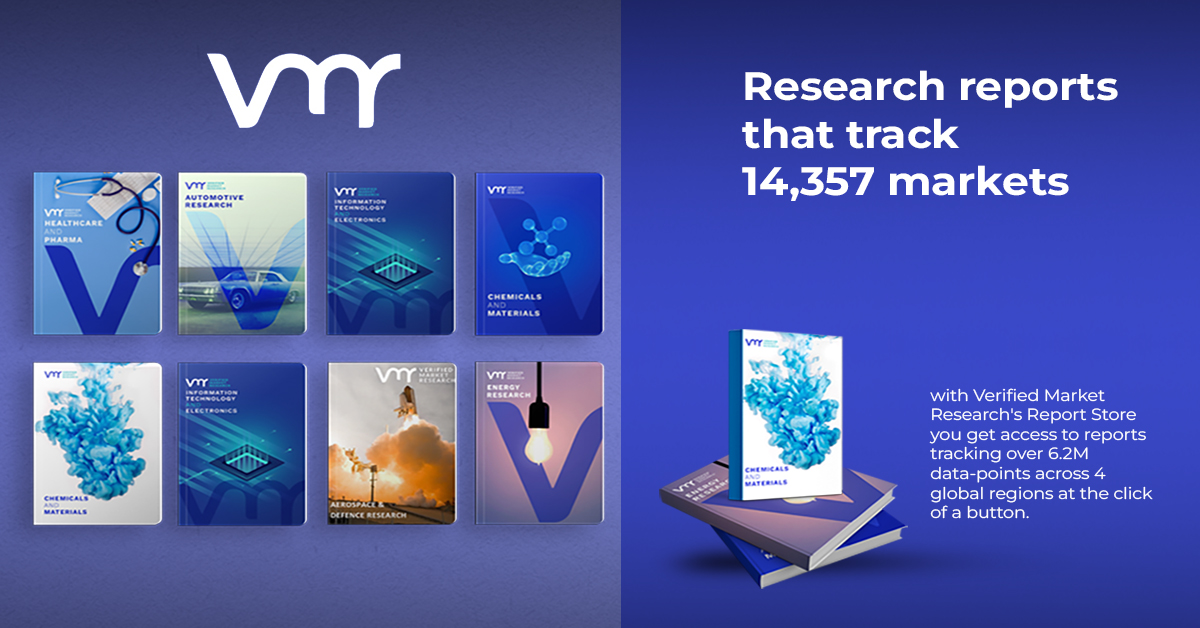The Future of Climate Control: Key Developments in the Advanced HVAC Control Market
The Advanced HVAC Control Market has experienced remarkable growth driven by technological innovations, sustainability concerns, and increasing demands for energy efficiency in residential, commercial, and industrial spaces. Valued at approximately $16 billion in 2021, the market is projected to reach around $33 billion by 2030, growing at a compound annual growth rate (CAGR) of 8.2%. Below, we delve into the latest trends, technological advancements, and market dynamics shaping this industry.
Key Trends Driving the Market
- Integration of Smart Technologies
The advent of IoT (Internet of Things) has revolutionized HVAC systems. Smart thermostats, sensor networks, and interconnected devices enable users to remotely monitor and optimize heating, cooling, and ventilation. These advancements contribute significantly to improving energy efficiency and user convenience. - Artificial Intelligence (AI) and Machine Learning (ML)
AI and ML play a pivotal role in modern HVAC systems by analyzing real-time data to optimize performance. These technologies enable predictive maintenance, automatic adjustments to environmental conditions, and long-term energy savings, ensuring systems operate efficiently under varying conditions. - Cloud-Based Solutions
Cloud platforms have become a cornerstone of advanced HVAC control systems. These solutions offer scalability, remote accessibility, and enhanced data analytics, facilitating smoother updates and centralized management for large-scale installations. - Focus on Sustainability
The integration of renewable energy sources, such as solar and geothermal systems, with HVAC technologies is becoming a norm. Advanced HVAC systems are designed to efficiently harness and manage these resources, aligning with global sustainability goals. - Building Automation Systems (BAS)
HVAC systems are increasingly integrated into broader building automation frameworks. BAS allows centralized control of HVAC, lighting, and security systems, improving overall operational efficiency and reducing energy costs.
Market Segmentation Insights
- By Component
- Sensors dominate the component segment due to their crucial role in providing accurate real-time data on temperature, humidity, and occupancy. This precision enables dynamic adjustments to optimize system performance.
- Controllers and Controlled Equipment also hold significant shares, as they form the backbone of smart HVAC systems.
- By System
- Temperature Control Systems lead the market, reflecting the importance of maintaining consistent indoor temperatures. These systems leverage advanced algorithms to ensure occupant comfort and reduce energy consumption.
- Ventilation and integrated control systems also see growing adoption in commercial and industrial applications.
- By Application
- The Commercial Sector dominates, with high demand from offices, retail spaces, and hospitality businesses. The need for energy-efficient, automated systems in large-scale environments is a primary driver in this segment.
- The Residential Sector shows steady growth, bolstered by smart home trends and consumer preference for sustainable solutions.
- By Implementation Type
- New Installations lead due to the increasing emphasis on equipping newly constructed buildings with state-of-the-art HVAC technologies.
- Retrofits remain significant as older buildings upgrade to meet modern efficiency standards.
Regional Market Dynamics
- North America: The largest market, driven by stringent energy efficiency regulations and a high adoption rate of smart technologies.
- Asia-Pacific: A rapidly growing market, fueled by urbanization, increasing disposable income, and large-scale industrialization.
- Europe: Sustainability initiatives and government incentives for green buildings bolster market growth.
Challenges and Opportunities
- Challenges: High initial costs of advanced systems and the complexity of integrating HVAC systems into existing building infrastructure can hinder adoption.
- Opportunities: Innovations like adaptive AI, green certifications, and modular systems offer untapped potential for expansion.
The Advanced HVAC Control Market is at the forefront of transforming climate control technologies, aligning with global energy efficiency and sustainability goals. As smart technologies, AI, and renewable energy integration reshape the landscape, the market offers immense opportunities for businesses and end-users alike. With a strong focus on innovation, the future of HVAC systems promises to be both intelligent and eco-friendly.









